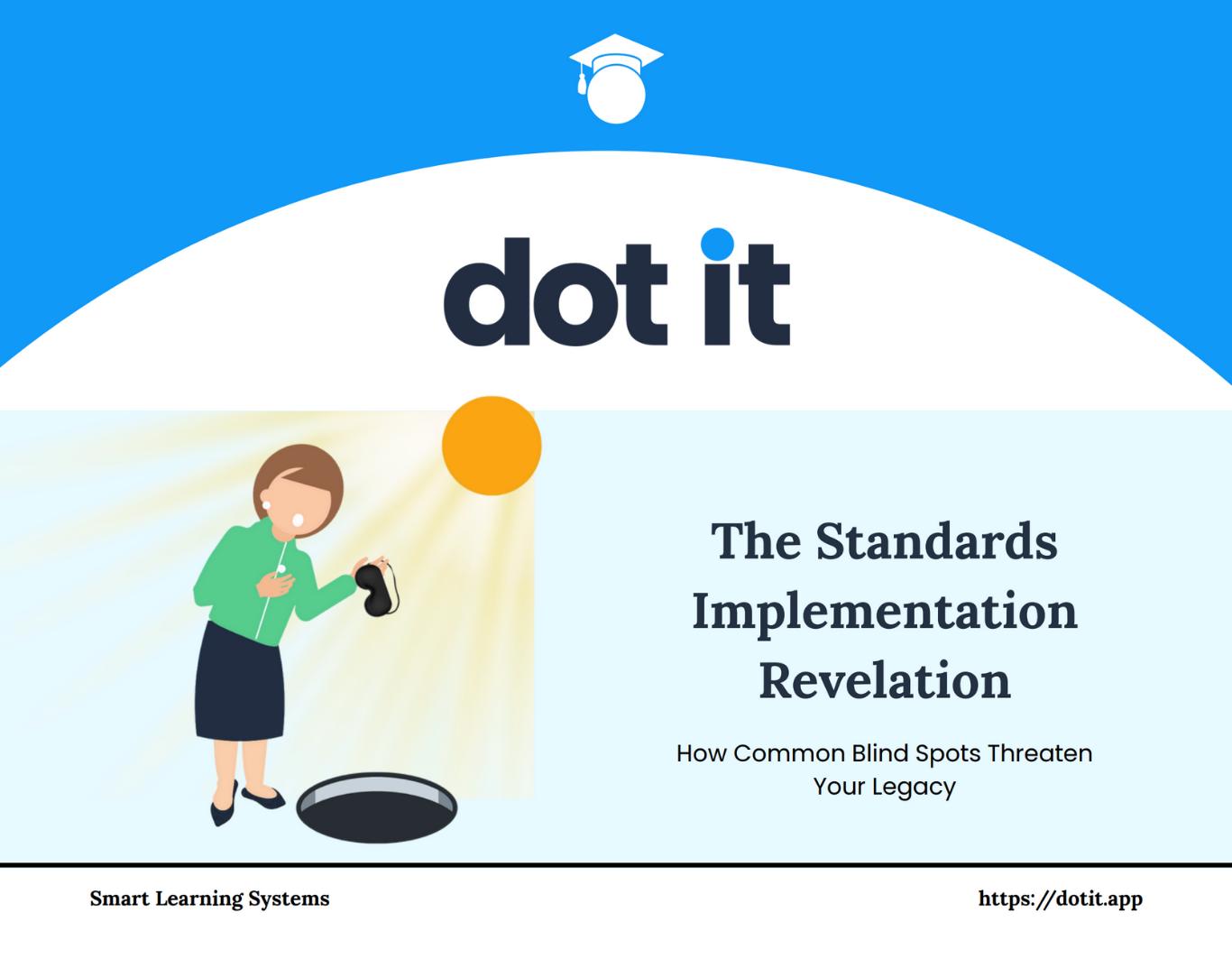Every teacher remembers those students who feel frustrated when taking assessments. You see tears, tantrums, and withdrawal. It can be heart-wrenching. You wonder if there is something you can do differently to help them. There can be many reasons for students feeling frustrated during assessments. However, a common reason is weak verbal comprehension. When taking assessments, they do not understand the meaning of the questions. Verbal comprehension is highly correlated with academic success. In general, verbal comprehension is the ability to understand what you read and hear. It reveals your vocabulary and knowledge of the world. Therefore, students with weak verbal comprehension have difficulty understanding assessments.
Plans for Students Who Have Weak Verbal Comprehension
As a result of having weak verbal comprehension, students may need additional help. In fact, MTSS plans and IEPs provide this much-needed support. Before goals are developed, teams gather data from multiple sources to formulate either present levels or in the case of an IEP, present levels of academic and functional performance (PLAAFP). Present levels and PLAAFP statements provide the foundation for writing MTSS and IEP goals. By stating the student’s current levels of performance, a starting point or baseline is created to measure subsequent progress.
Types of Assessments
Given that, the most common types of assessments are formative, interim, and summative assessments. These assessments look at student understanding. School teams look at these assessments to create PLAAFP and present levels. Formative assessment shows what students understand about each lesson. Examples of formative assessments are work samples, rubrics, and quizzes. On the other hand, benchmark or interim assessments provide a comparison of student understanding or performance against specific grade-level standards compared to peers. These assessments are given at the end of a quarter or semester to track academic trajectory toward long term goals. Lastly, summative assessments make comparisons among students, classes, or schools against a set of uniform standards. Examples of summative assessments are semester tests, and/or end of year state assessments.
 Weak Verbal Comprehension- What to Notice on Assessments
Weak Verbal Comprehension- What to Notice on Assessments
For students with weak verbal comprehension, you will notice some common patterns on formative and summative assessments.
- Inability to answer the specific questions- answers seem unrelated
- Inability to infer
- Unable to grasp the main idea
- Inability to comprehend a passage
- Lack of math vocabulary
- Inability to determine which math operation to use in word problems
3 Ways to Support Weak Verbal Comprehension on Assessments
1. Directly Teach Context Clue Types
Due to limited vocabulary, students with weak verbal comprehension do not know the meaning of every word read. Therefore, teaching them how to use context clues is vital in order to help them understand unknown words.
-
- Definition Context Clues– The word’s meaning is provided in the sentence. Ex. “She knew her future was precarious and likely to fall apart.”
- Antonym Context Clues– The word is explained by giving the opposite meaning. Ex. “Mark is gregarious, unlike his brother who is quiet and shy.”
- Synonym Context Clues- The word is explained by using a similar way to say it that is easier to understand. Ex. “Bob felt remorse, or shame, for his harsh words.”
2. Directly Teach Text Structure Types
Students with weak verbal comprehension can benefit from learning the different types of text structures. By understanding text structures comprehension improves. To clarify, the purpose of most texts is to tell a story, inform, or make an argument. To achieve these purposes, the authors use different types of text structures. In fact, the most common types of text structures are the following: descriptive, sequence/instruction/process, cause/effect, compare/contrast, and problem/solution. With more knowledge of text structures, students can improve their comprehension.
3. Directly Teach How to Activate Background Knowledge
When students access their prior knowledge, it helps them make connections to information. Therefore, when answering a math or reading question, students can ask themselves:
- What do I already know?
- What is it like?
- How is this different?
Summing it Up
In conclusion, when you understand the difficulties of students with weak verbal comprehension, you are better able to help. As reported in the study by Center on Education Policy, 81% of educators believe students spend too much time taking mandated state or district assessments. Assessments take up time in students lives. Finding ways to support them is important. When you teach directly test-taking strategies, you can build their confidence for future assessments.




